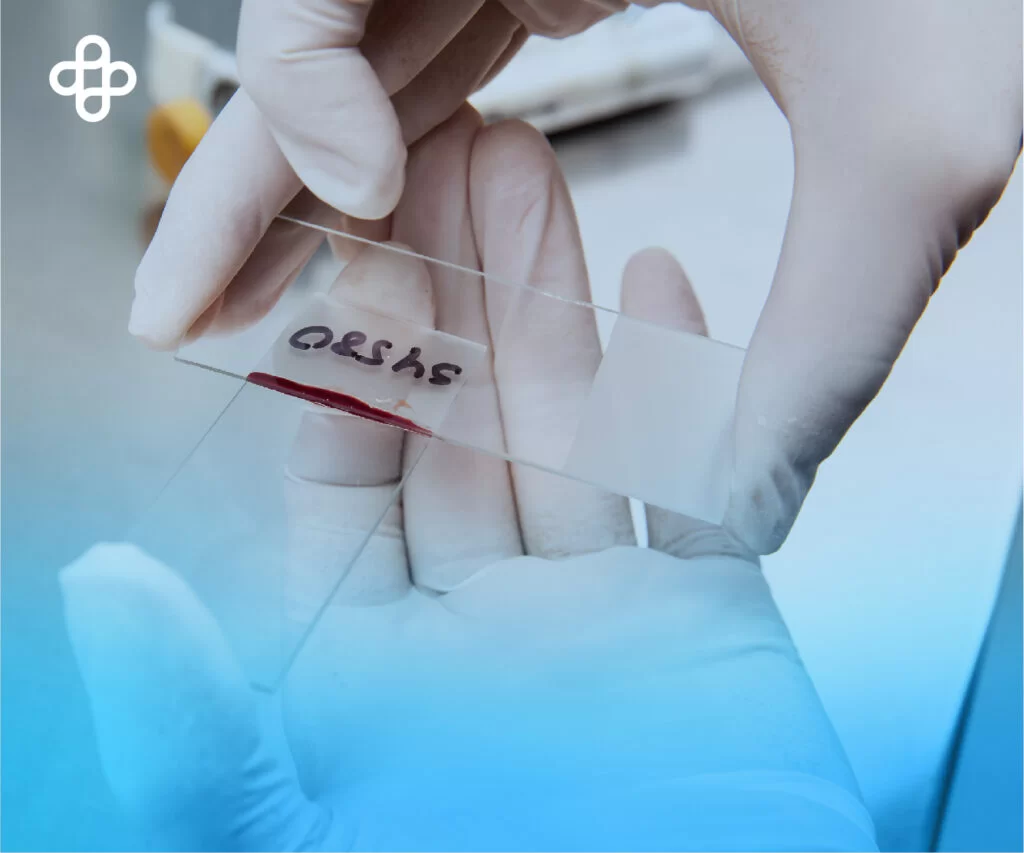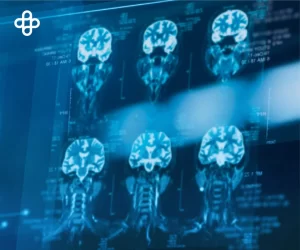Stem cell therapy stands at the forefront of regenerative medicine, with its potential applications continuously expanding. When discussing the therapeutic uses of stem cells, it is essential to approach the topic with a forward-looking perspective and consider the probabilities involved.
Promising Results in Animal Studies
Animal experiments have shown highly promising results in treating various diseases, including type 1 diabetes, spinal cord injuries, Parkinson’s disease, and cardiovascular accidents (heart attacks). These results suggest potential therapeutic benefits for conditions involving neuron destruction and hematological pathologies. However, it is crucial to acknowledge that these findings require further confirmation in humans, as conclusive studies validating these applications in stem cell therapies are not yet available.
“Research at HSCI focuses on understanding how stem cells can be used to regenerate and repair diseased tissues and organs.”
Harvard Stem Cell Institute
Current Focus on Cell Therapy
Most ongoing research into clinical applications of stem cells currently centers on cell therapy. This approach involves cultivating or regenerating tissues to repair damaged ones or, in the case of organs, restore their functionality. Researchers have conducted experimental treatments for cancer and heart diseases, but the journey is just beginning.
Bone Marrow Transplantation: A Precursor
Bone marrow transplantation, typically used to treat certain types of hematologic cancers such as leukemia and some solid tumors, has been a precursor to these therapies. This method has paved the way for understanding the potential of stem cell treatments in broader medical applications.

Adult Stem Cells: A Key Player
Hematopoietic and Lymphatic Regeneration
Adult stem cells, particularly those capable of producing blood and lymphatic cells, play a significant role in current therapies. The availability of umbilical cord blood, which provides pluripotent stem cells, is transforming the landscape of clinical research. These cells are utilized for autologous use, when stored in private banks, or for matching donors through public banks.
Minimizing Rejection Risks
One of the primary advantages of adult stem cells is the reduced risk of rejection, as these cells are derived directly from the patient. This contrasts with other sources, where there is a clear risk of immune rejection.
Future Prospects in Medicine
There are numerous challenges to overcome before these therapies become mainstream. However, the future of medicine undoubtedly lies in stem cells. Beyond transplantation, research is directed toward treating diseases such as Alzheimer’s, Parkinson’s, cardiovascular conditions, and cancer. Additionally, stem cell therapies hold promise for correcting genetic errors by introducing genetically programmed stem cells into damaged tissues to generate healthy replacements.
Finally, to learn more about Stem Cells, read our article What Are Stem Cells?





